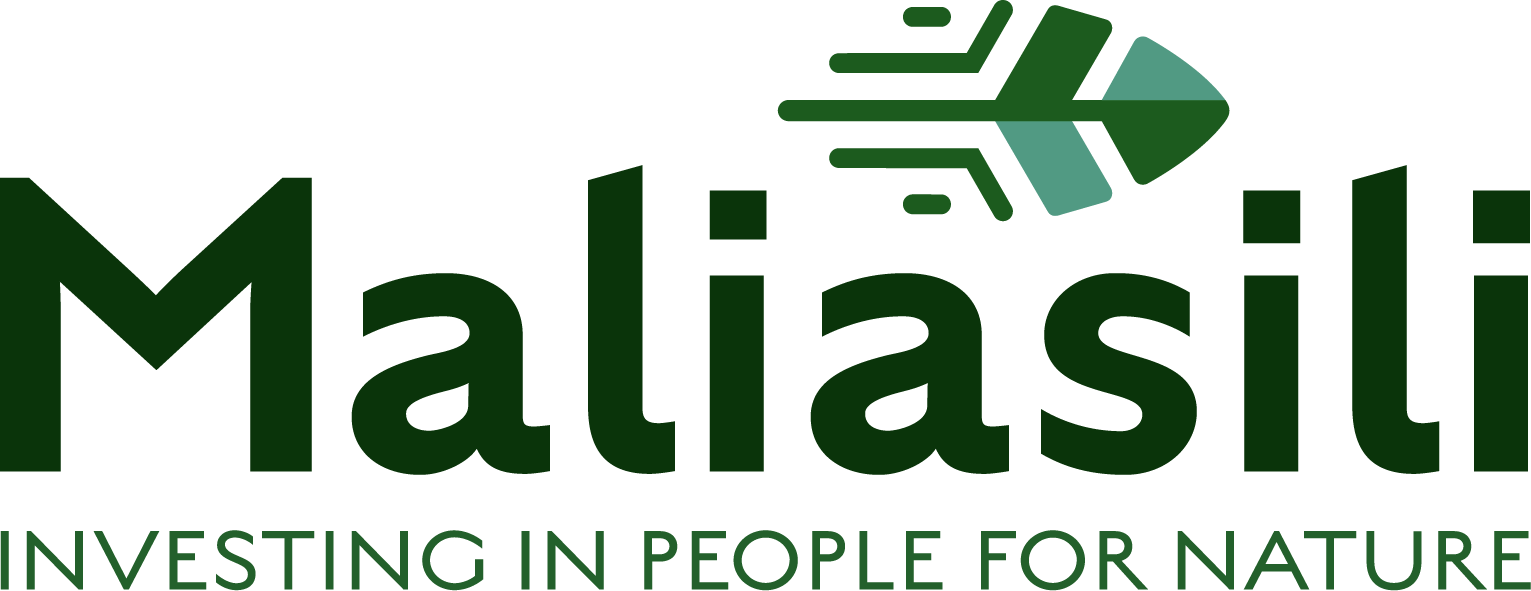The Conservation Impact Forum – Summary and Recommendations
What’s needed to achieve conservation impact? In April, Maliasili brought together a unique group of leading African conservation organizations and funders to start talking about just that. Below provides the key recommendations coming out of the participants’ discussions at the Conservation Impact Forum (download the entire conference summary here).
Delivering Results
- Having a more efficient ‘marketplace’ depends on funders and conservation groups aligning on what the right metrics are for providing evidence of ‘results’ and impact.
- It is important to invest time in discussing what the right metrics and variables are for measuring and documenting impact. Using the wrong metrics or failing to provide context or rationale for those metrics can do a great deal of harm by focusing attention, and investment, on the wrong outcomes.
- In order to design meaningful and appropriate metrics, organizations need to invest time and resources into the processes, such as strategic planning, which result in clarity around what an organization is trying to achieve, and how it goes about that work (e.g. key goals and theory of change). Funders have a role to play in supporting and participating in those processes that will result in better metrics and document clear impact from the investment of funds.
- Funders should support not only programmatic work, but also the development and implementation of Monitoring & Evaluation systems required to collect the right data and information.
Funding
- Funders should be pro-active in recognizing the challenges inherent to short-term and project-based funding models, and develop solutions with practitioners.
- Funders should conduct due diligence- listening to different sources and/or conducting field visits- so that they align their funding with effective and impactful conservation work.
- Competition amongst organizations- both practitioners and funders- is wasteful and counterproductive. Funders that are informed and pro-active can help alleviate this problem and promote collaboration.
- Trust funds are an important and expanding model for establishing long-term funding required for effective and lasting conservation work.
- There is a role for a clearinghouse mechanism that connects smaller funders with smaller organizations, and improves the overall efficiencies of these interactions and networks within the conservation space. It is equally challenging for Africa-based conservation organizations to identify and connect with funders who are dispersed around the US, as it is for funders to identify effective African-based organizations.
- There is no existing obvious African conservation convener, which is a gap within the broader community of practice. The lack of convening results in:
- The absence of good mechanisms for funders to talk to each other,
- The perception that Africa is a difficult place to operate as a funder, and
- The need to do a better job of showcasing success in African conservation.
- Most funding for African conservation comes from bilateral and multilateral government aid agencies, and is often heavily constrained, but smaller amounts of strategic, flexible private funding can leverage and amplify those larger funding sources.
People and Talent
- Conservation practitioners need to recognize the value of skills beyond science and conservation, particularly skills related to:
- Management & mentoring,
- Fundraising & donor relationship management,
- Communications, and
- Strategic planning.
- Practitioners need to be realistic about overheads and push back against funders, armed with rationale for the needed funding; ‘be sure to ask for the resources that you really need.’
- Organizations need sufficient and flexible budgets to invest in and retain top talent, with an intent of building capacity over a 10 year time frame- a break from the current, predominant short-term nature of hiring.
- Conservation needs more women in senior positions in conservation organizations.
- Funders need to have an interest in and be willing to invest in how conservation organizations are managed and governed, supporting the investment in people through organizational development grants, professional development, and other mechanisms.
- Overall, there is a need for safe communities of practice to share challenges, build relationships, and develop collaborations between African conservation organizations.
Next Steps
There were recurring themes around the need for better communication both between funders and practitioners, as well as between funders. The current community of practice suffers from inefficiencies around due diligence and information asymmetry between funders and practitioners. Participants expressed some interest in exploring the potential for additional convening, funders discussion and education, and more efficient due diligence. Maliasili Initiatives will be following up with participants to gather additional feedback and chart a course of action.

